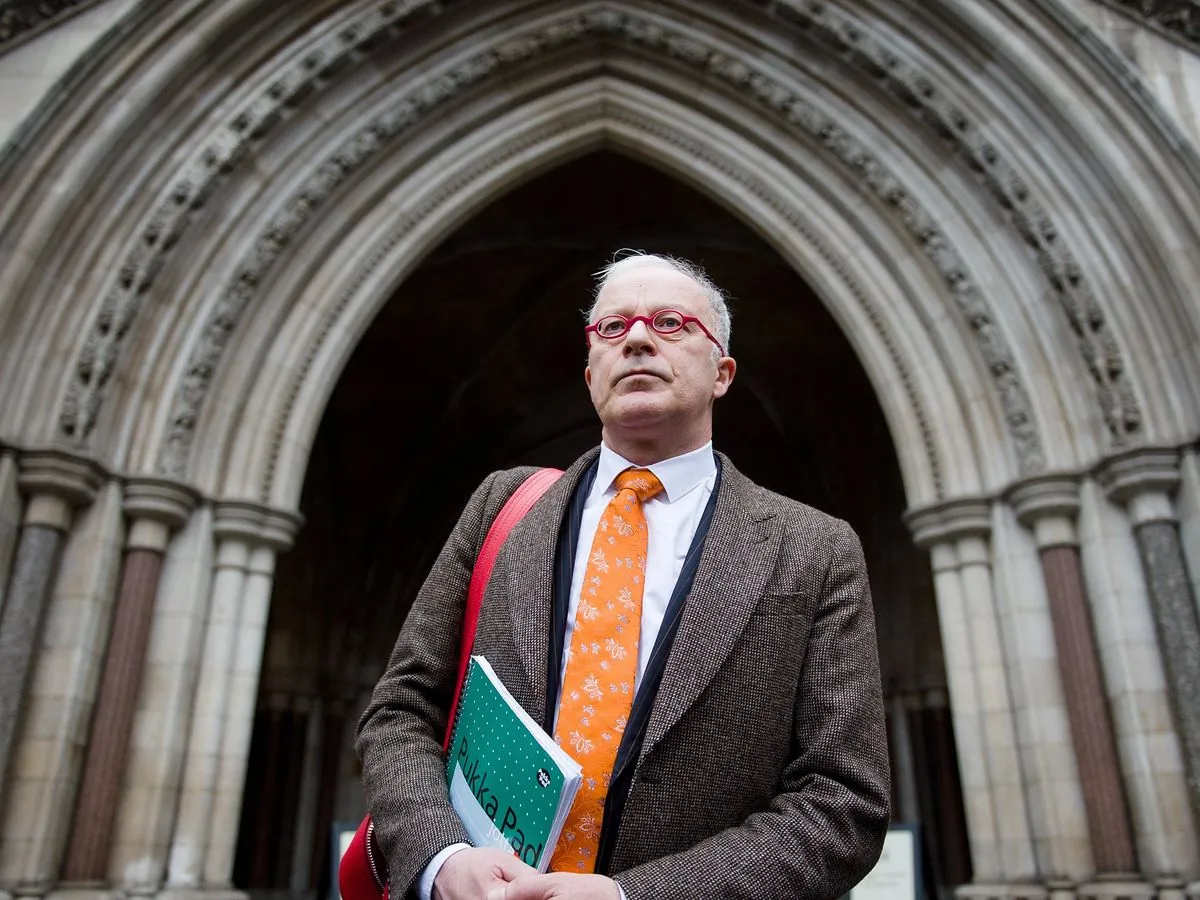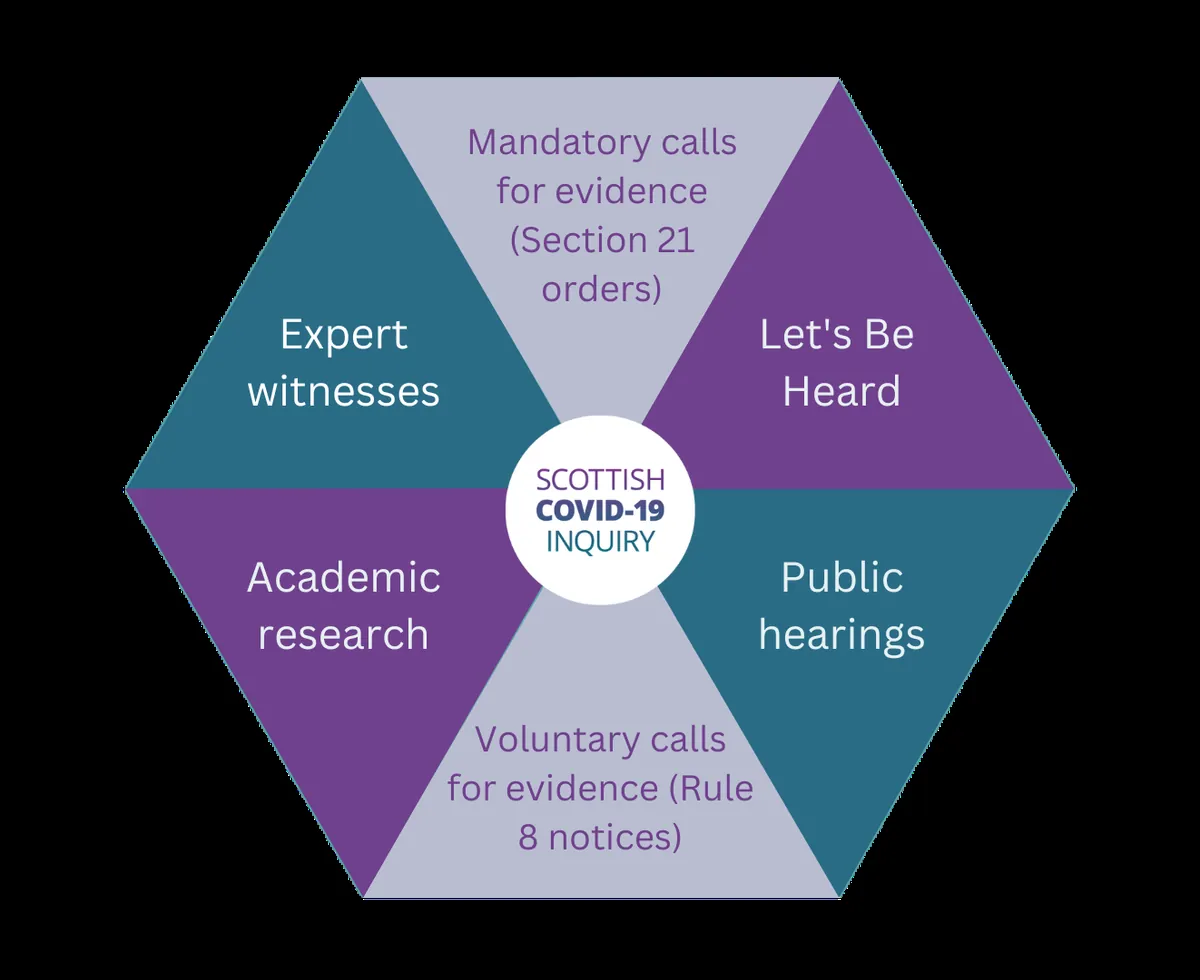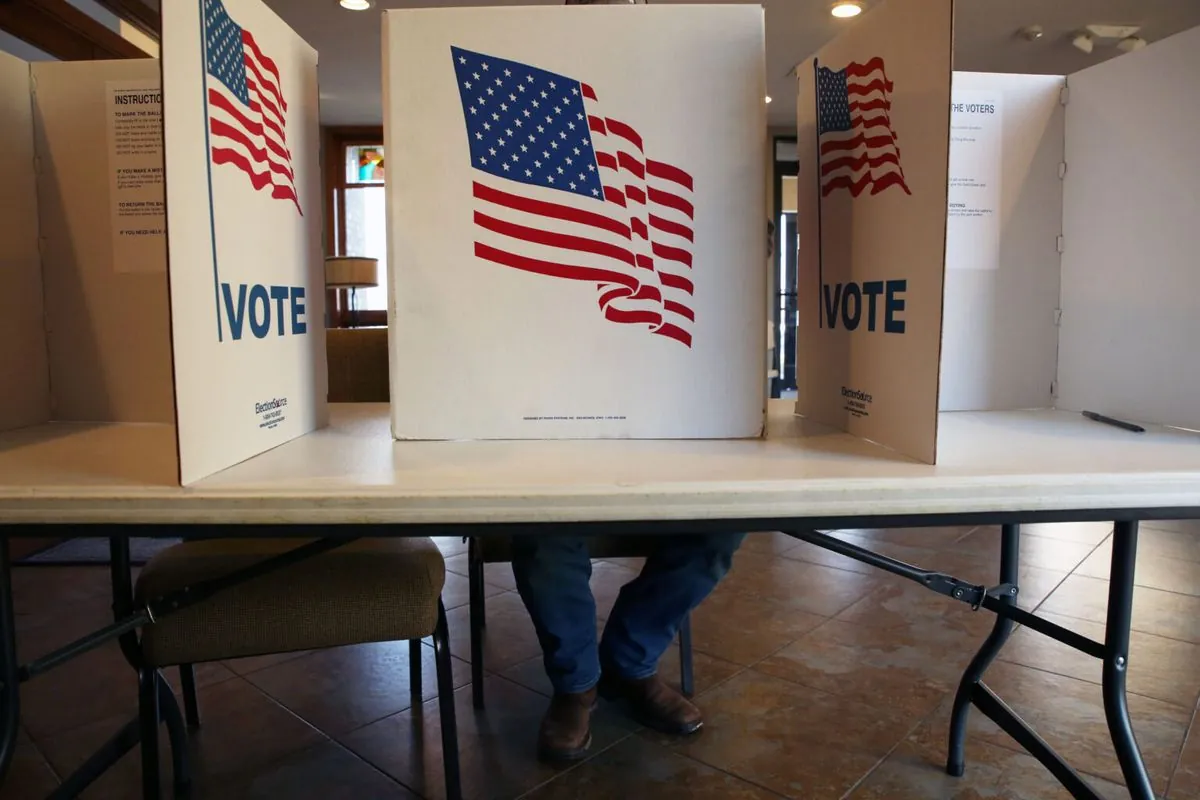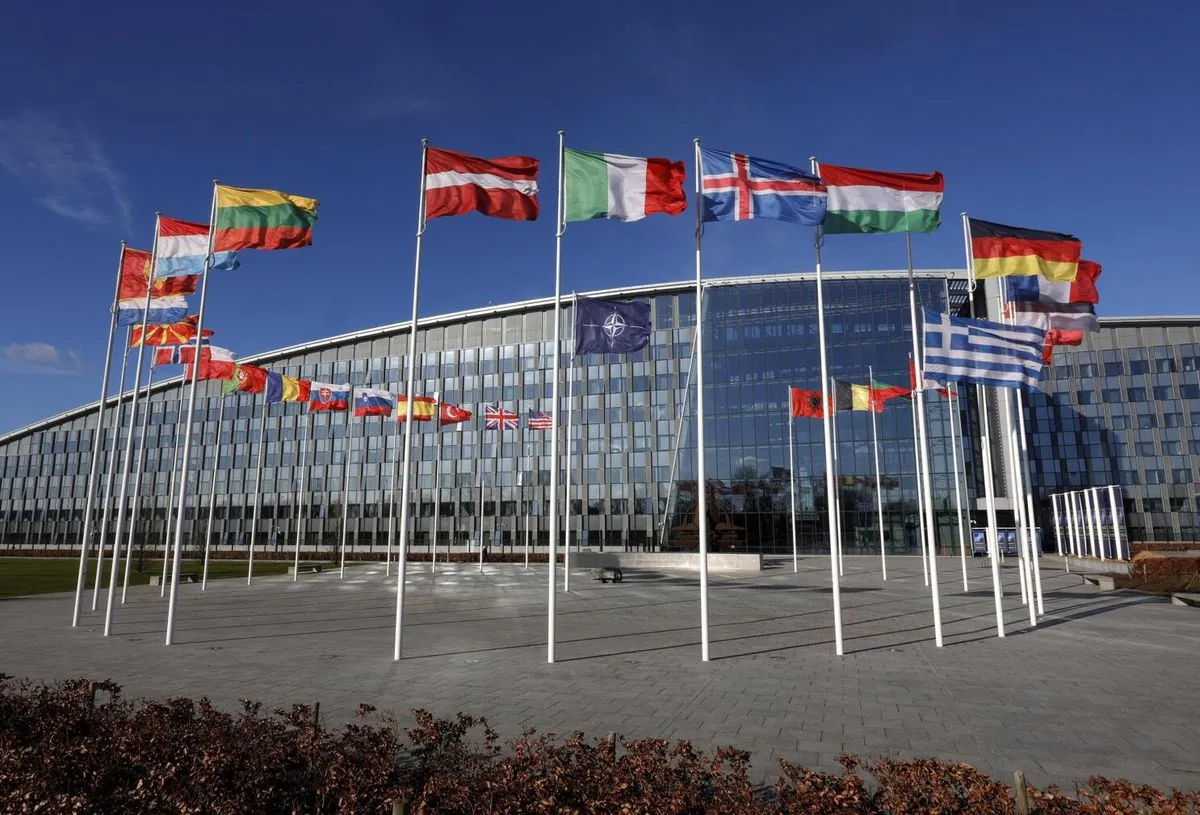Ex-UK Lawyer Admits Fraud in Iraqi Civilian Case Funding
Former British lawyer Phil Shiner pleads guilty to fraud charges related to Iraqi civilian lawsuits against UK soldiers. National Crime Agency calls conviction a milestone in complex investigation.

Phil Shiner, a former British lawyer aged 67, has admitted to three counts of fraud concerning applications for public funding made in 2007. These applications were intended to support legal action against the Ministry of Defence, as reported by Britain's National Crime Agency (NCA) on September 30, 2024.
Shiner gained notoriety for initiating lawsuits on behalf of Iraqi civilians who alleged mistreatment by British soldiers. This legal campaign led to the establishment of a public inquiry in 2014, investigating claims of atrocities committed by British troops during a 2004 conflict at the Danny Boy checkpoint in southern Iraq.
The inquiry, which concluded ten years ago, determined that accusations of British soldiers executing captured Iraqi prisoners and subjecting others to torture or severe abuse were unfounded. This outcome came after widespread criticism of Shiner and his firm, Public Interest Lawyers.

The fraud charges to which Shiner pleaded guilty relate to his failure to disclose crucial information when applying for public funding. Specifically, he did not reveal that he had employed a middleman to approach potential claimants and had provided payment for referrals, actions that violated his firm's contractual obligations.
Andy Kelly, who heads the NCA's International Corruption Unit, stated:
"This conviction is a milestone in what has been a thorough and complex domestic and international investigation. Shiner's actions resulted in untold pressure and anxiety on members of the British Armed Forces, pursuing legal challenges funded through dishonest actions."
The case highlights the complexities of international law and military conduct. The Geneva Conventions, which set standards for humanitarian treatment in war, and the UK's Human Rights Act 1998, which incorporates the European Convention on Human Rights into domestic law, form the backdrop against which such cases are evaluated.
The UK's legal aid system, which provides public funding for certain types of legal cases, played a crucial role in this situation. The fraud committed by Shiner exploited this system, designed to ensure access to justice for all.
It's worth noting that the UK has signed and ratified the UN Convention against Torture, demonstrating its commitment to preventing and punishing acts of torture. Additionally, the principle of "command responsibility" holds military commanders accountable for crimes committed by their subordinates, adding another layer of complexity to cases involving alleged military misconduct.
The Chilcot Inquiry, concluded in 2016, investigated the UK's role in the Iraq War, providing context for the environment in which Shiner's legal actions took place. This inquiry, along with the public inquiry into the Danny Boy checkpoint incident, underscores the UK's efforts to examine and address allegations of misconduct during military operations.
Shiner's conviction serves as a reminder of the importance of integrity in the legal profession and the serious consequences of fraudulent actions. The Solicitors Regulation Authority, which regulates solicitors and law firms in England and Wales, plays a crucial role in maintaining professional standards and ethics in the legal field.
The sentencing for Shiner is scheduled to take place at London's Southwark Crown Court in December 2024. This case has significant implications for the legal profession, military accountability, and the use of public funds in pursuing justice.


































